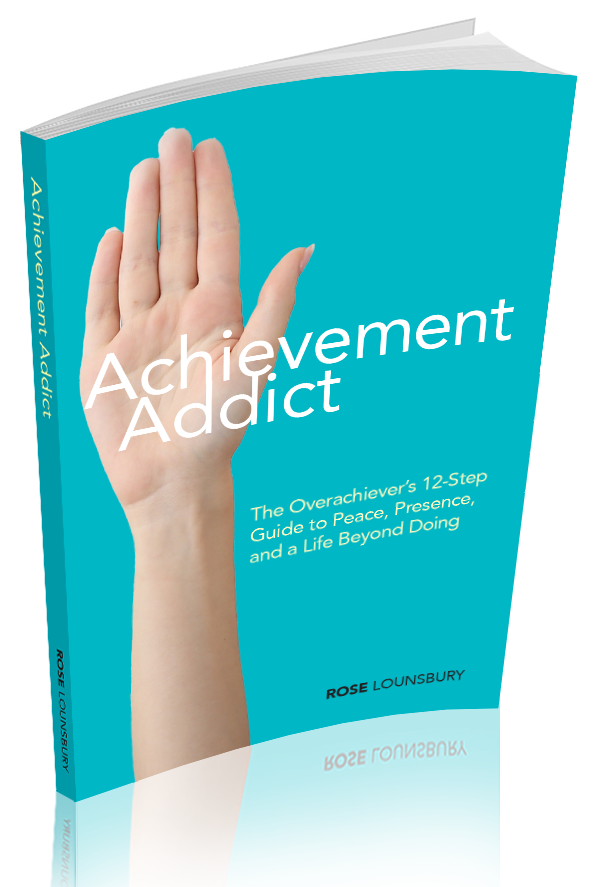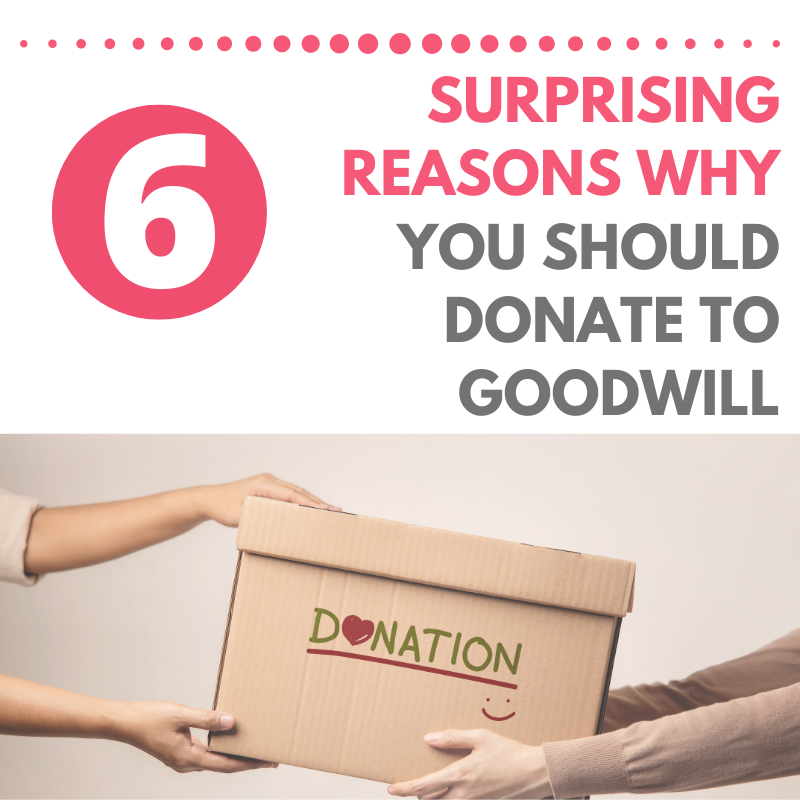“Take it to Goodwill. They accept everything.” This is always my advice to clients who are looking to unload donation items. Yet despite encouraging clients to donate to Goodwill (and regularly donating there myself), I didn’t know much about this organization until recently, when I toured their Dayton headquarters with Kim Bramlage, Goodwill’s retail donations manager. I learned six surprising things that made me even more glad to donate to this organization. Hopefully they will inspire you to donate, too!

1. Goodwill is more than a store
“We’re more than just stores,” Kim said. While I was familiar with donating and shopping at Goodwill, I didn’t realize that they do much more than just run thrift stores. Their mission is to help people with disabilities find jobs and live independently. I used to think those jobs were solely within Goodwill stores. Not true. Goodwill’s goal is to help individuals find jobs of any kind. “We give you a hand up, not a hand out,” Kim said. And how do they do this? Read on to reason #2…
2. Goodwill teaches people how to get jobs
About 30 minutes into our tour, we came across a young man crouched outside a classroom door. He looked up at us, slightly embarrassed. “Don’t mind me, I’m just doing a role play,” he said. He was participating in a class that helps people develop interview skills. Now who would have thought my bag of outgrown kids’ clothes contributed to something like this? Pretty cool.
3. Goodwill provides direct relief to the needy
4. Goodwill has some sweet vintage items
5. Goodwill runs a radio station – WHAT?!
6. Goodwill is the friendly scavenger of a consumer society
These blocks are sold by the pound to salvage companies who either ship it to third world countries (Ever wonder why those kids in needy countries have Pepsi t-shirts? Now you know.) or use it to create rags and recycled products, such as insulation. As we stood next to these immense blocks of unsellable clothing, Kim and I both commented on the same theme: Americans buy way too much stuff. And if not for organizations like Goodwill, all of this excess clothing would end up in landfills.
I am thankful that Goodwill exists in our community, not only because they provide jobs and services to the needy, but also because they offer a sustainable and responsible way for the rest of us to dispose of our unneeded items. I hope this post inspired you to consume less and support Goodwill’s mission through your donations and purchasing power. They are truly doing remarkable things in our community!
















